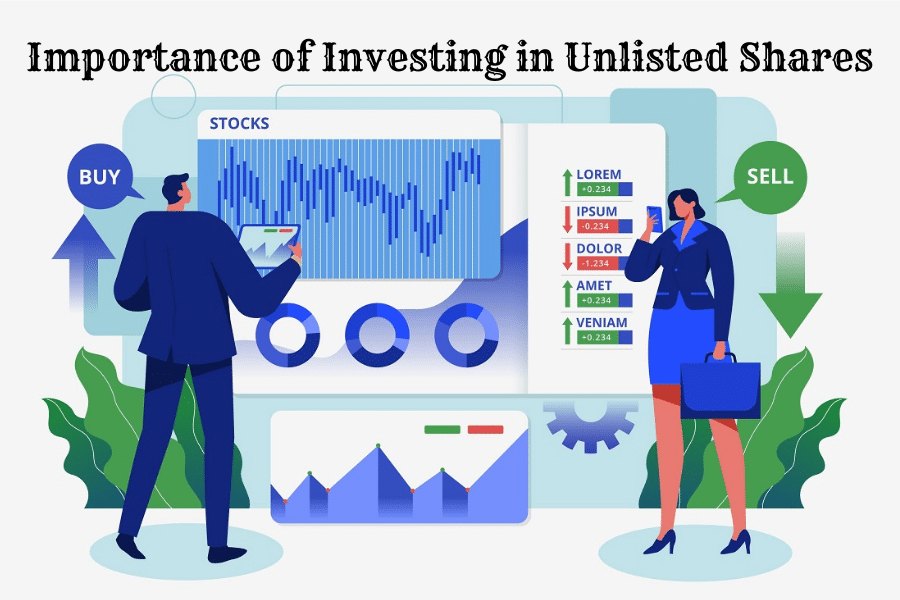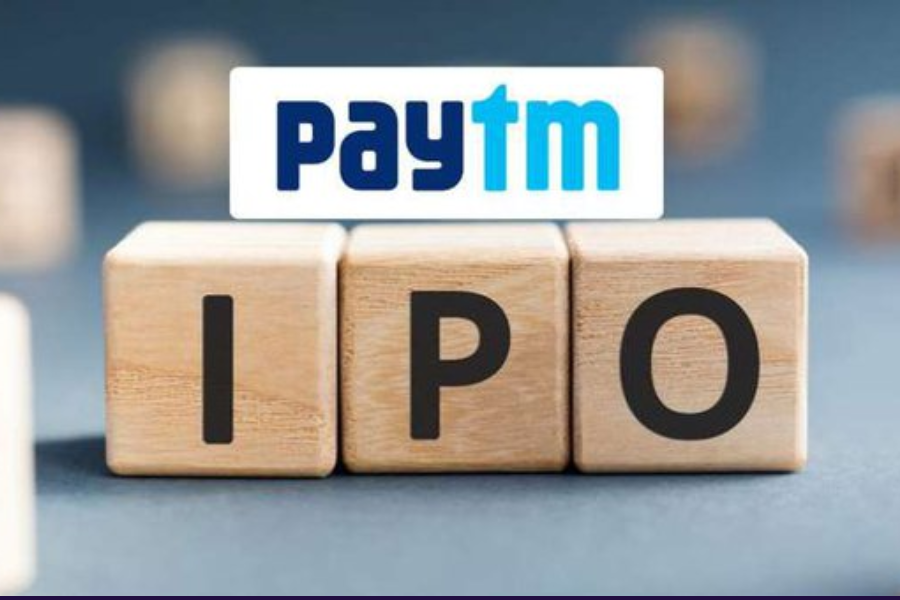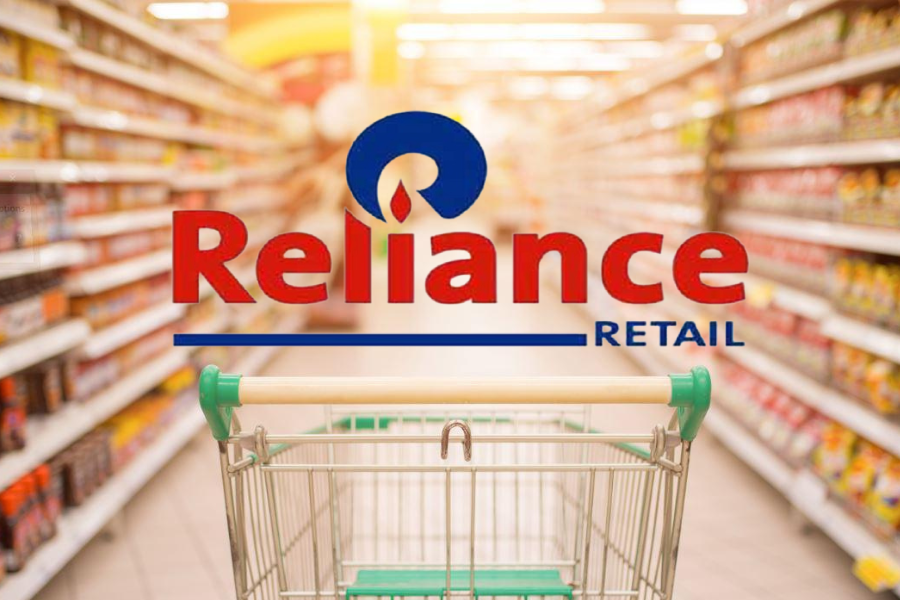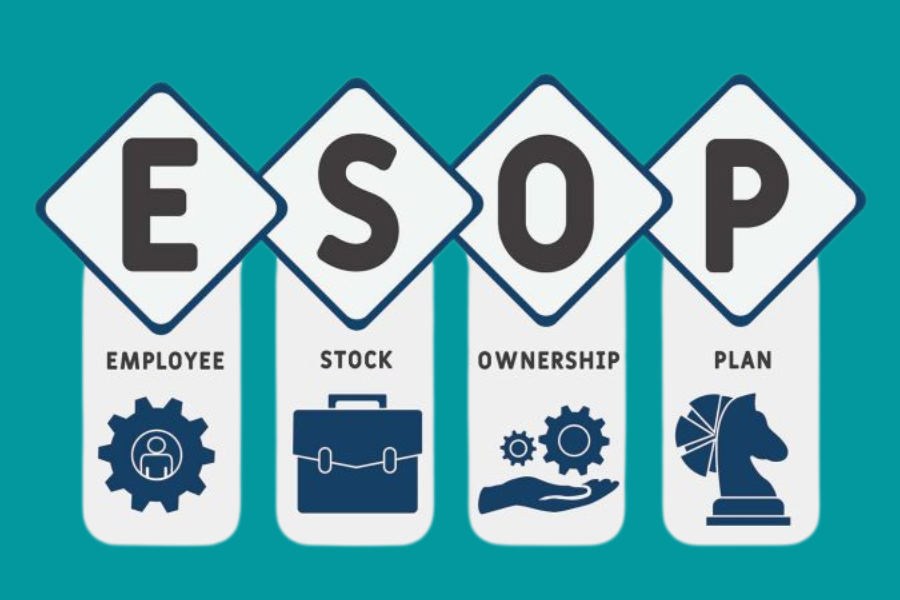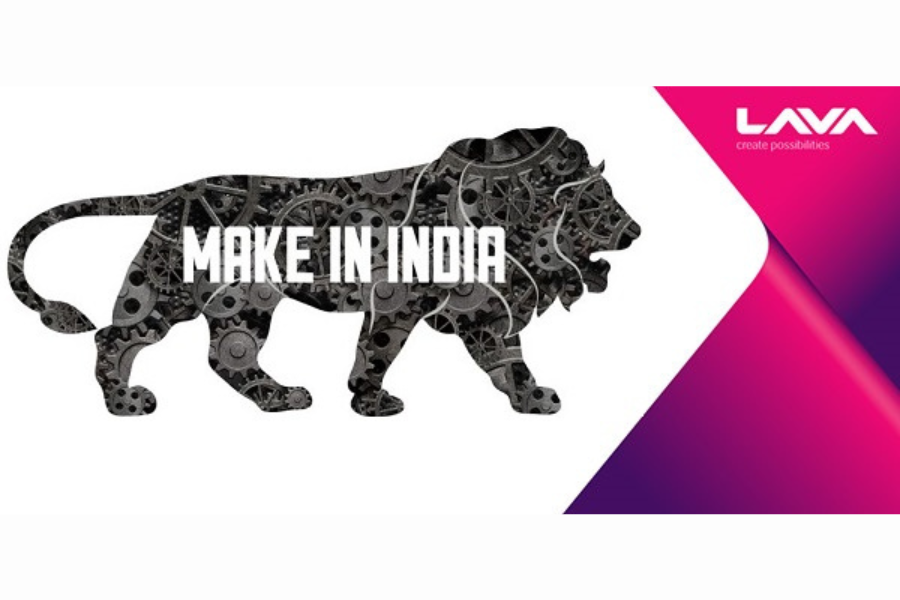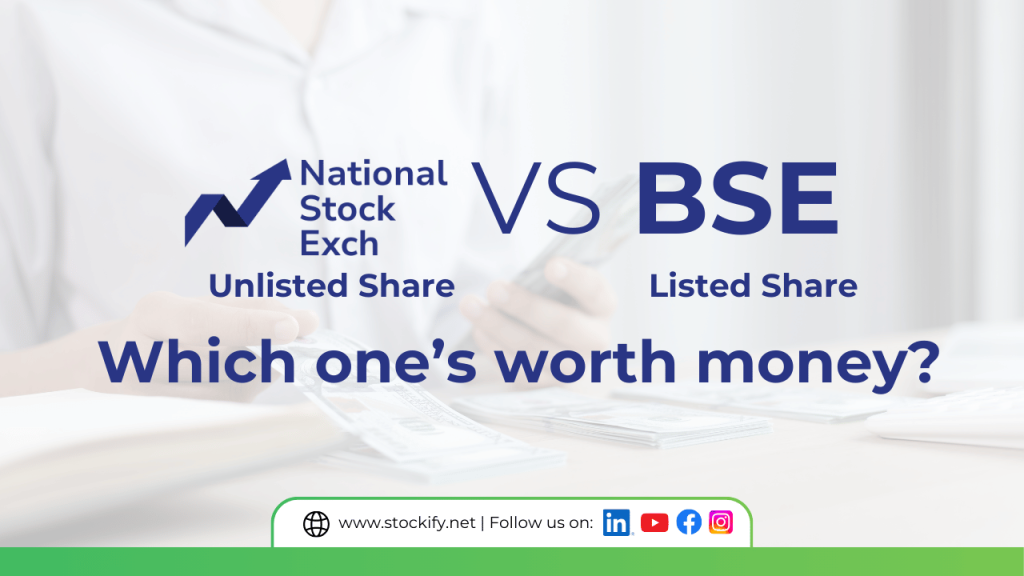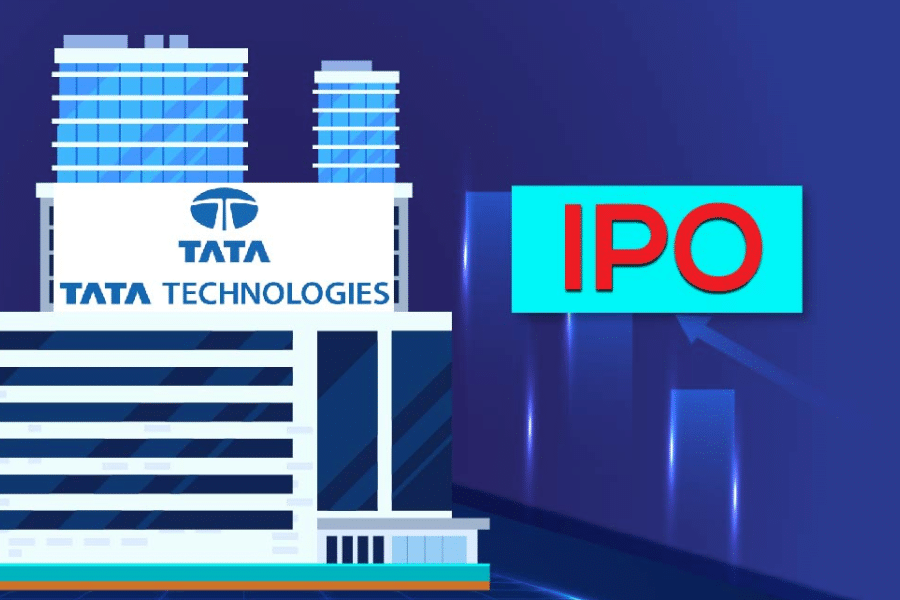Table of Contents
India’s wealth-tech landscape is buzzing with anticipation as Groww prepares to make its stock market debut this November. Unlike many new-age tech firms, where founders offload sizable portions of their holdings before an IPO, Groww’s leadership is taking a different path: steadily increasing their personal stakes in the company.
Over the last 18 months, the Bengaluru-based stock broking platform has seen its cofounders raise their combined ownership by 5%.Let's understand the possible reasons behind this move and the upcoming Groww IPO.
5% Increase in Total Founder Stake
According to the regulatory filing reported by the Economic Times, the cofounders of Billionbrains Garage Ventures, Groww's parent entity, increased their combined stake from 23.89% in the previous financial year to 27.93% as of FY 2024-25. By June 30, the founder's stake increased to 29.01%.
Here is what the individual stake increase looks like:
S.No. | Cofounder | 2023-24 | June 25 |
1 | Lalit Keshre | 8.61% | 10.03% |
2 | Harsh Jain | 6.05% | 7.32% |
3 | Neeraj Singh | 5.52% | 6.80% |
4 | Ishan Bansal | 3.70% | 4.86% |
Divesting And ESOPs: A Growing Trend Before IPO
There is an increasing trend among consumer tech and internet companies like Lenskart, Zomato, Swiggy, and Delivery, where founders increase their stake before IPOs. This stake often gets diluted during listings. But we can be witnessing something contrary to this trend.
According to the Groww DRHP, founders are planning to divest only 0.072% of their combined holdings in the IPO. This is contrasting with many companies where owners tend to sell large stakes before their IPO. This could also be a sign of investor confidence from the founders as they expect their stake value will increase with time.
ESOP Allocation For Employees
When companies go public, founder stakes usually get diluted. This means they own a smaller % of the bigger pie. To balance this and keep the team motivated, companies expand the ESOP pool before IPO. Employees gain if the company’s stock price rises after listing, aligning their interests with founders and investors.
Groww has reserved 5.35% of its post-IPO equity for ESOPs.This means a significant part of the company’s shares are set aside to reward employees and retain talent after listing.
Groww IPO Details
Groww has filed an updated DRHP with SEBI for a Rs 7,000 crore IPO, including Rs 1,060 crore as fresh issue and around Rs 6,000 as offer for sale (OFS). Early investors like Peak XV, Y Combinator, Ribbit Capital, and Tiger Global are planning to sell their stake in this IPO.
Promoter Stake Lock In
Currently, the founders hold approximately 29% of the stake in Groww and have been listed as promoters. They are subjected to a 20% lock-in for 1.5 years from the listing date."In the IPO, they are offering to sell about 0.07% of the total shares of the company,” according to the updated filing.
Potential Listing Date
The Groww IPO Price Band is likely to be finalised in mid-October, and preparations are underway for a mid-November IPO listing.
The Way Forward
With 13.16 million active clients, capturing a 26.59% market share, Groww is solidifying its position as India’s leading stockbroker with a user base spanning over 900 cities and 19,004 pin codes across India. The financial and operational growth can make groww unlisted shares a favourable bet. However, investors must research and weigh the risks and returns before making any investment.
Disclaimer:
This website is strictly for informational and educational purposes only. As per SEBI regulations, trading of unlisted shares is not permitted on online portals, and this site does not function as a trading or broking platform in any capacity. Users are advised to conduct their due diligence and consult with a SEBI-registered intermediary before making any investment decisions. The information presented here should not be construed as investment advice or a recommendation. Stockify Fintech is a shareholder of many private unlisted companies, and we deal in buying/selling unlisted shares via the offline process. This is strictly a private deal between the two consenting parties.







